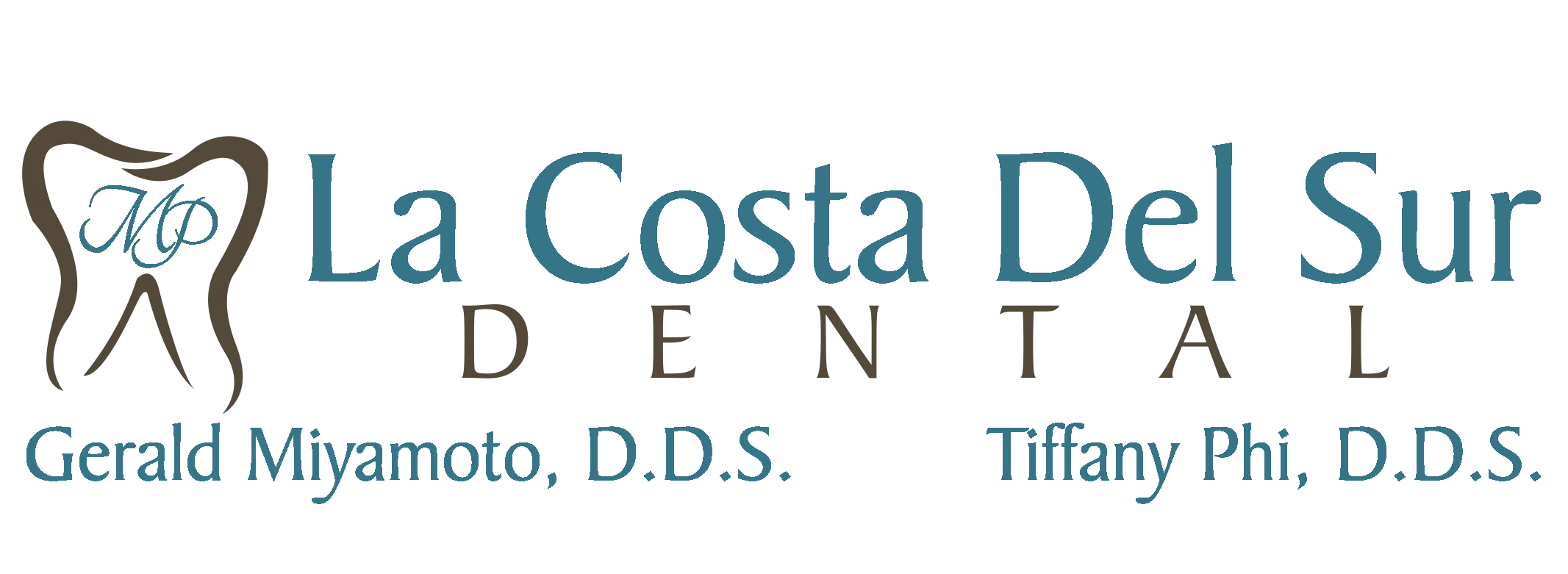Snoring is normal. We all laugh about it in TV shows, or have experienced a sleepless night due to a snoring partner, but what you may be witnessing is not innocent snoring but sleep apnea.
If you or someone you know suffers from sleep apnea you will notice that they will snore loudly followed by a noticeable silence or even what seems like choking. This happens because a person with sleep apnea actually stops breathing for a few seconds at a time about 5-30 times in an hour.
For obvious health reasons, this disruption of their breathing patterns can be very dangerous. If sleep apnea is left alone it can cause serious high blood pressure or heart disease.
Q: What is the difference between snoring and sleep apnea?
A: If the airway is blocked the uvula and soft palate cause a vibrating sound resulting in snoring. Sleep apnea in Greek means “without breath” or we would say not breathing in your sleep. Snoring is simple a nuisance while sleep apnea can be a very serious condition.
Q: Common sign of sleep apnea?
A: Although snoring seems innocently close to sleep apnea, you’ll notice that those with sleep apnea will tend to have silence follow closing behind their snores. Once the person is awake they may feel tired, have difficulty concentration, forgetting things, and nodding off easily.
Q: Who is at risk for sleep apnea?
A: Some factors that indicate a higher risk are obesity, a large neck or recessed chin, heart disease and frequent use of tobacco and alcohol. According to the Sleep Apnea Association, some ethnic groups may also be at increased risk including African-Americans, Pacific Islanders and Hispanics.
Q: Since there is no cure, what should I do?
A: If you see a dentist who treats sleep apnea or a specialized sleep apnea doctor they will conduct a sleep apnea test. The sleep apnea test, or ‘sleep study’, may take place overnight for a few nights and the doctor monitors. The purpose is to measure things like muscle activity, heart rate, breath flow, oxygen intake, and brain activity. Often the CPAP is prescribed; this device helps deliver a steady stream of oxygen through a mask. You doctor may also prescribe an oral appliance or even oral surgery.
